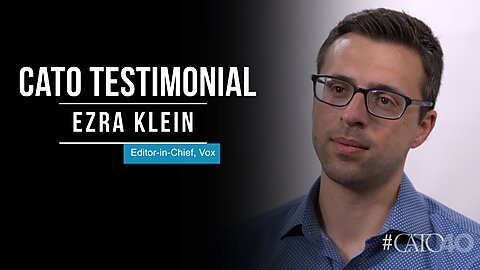
Energy producers will be subject to retroactive taxes in New York if the state assembly passes Senate Bill S2129A, known as the “Climate Change Superfund Act.” The superfund legislation seeks to impose a retroactive tax on energy companies that have emitted greenhouse gases (GHGs) and operated within the state over the last seventy years.
If passed, the new law will impose $75 billion in repayment fees for “historical polluters,” who lawmakers assert are primarily responsible for climate change damages within the state. The state will “assign liability to and require compensation from companies commensurate with their emissions” over the last “70 years or more.” The bill would establish a standard of strict liability, stating that “companies are required to pay into the fund because the use of their products caused the pollution. No finding of wrongdoing is required.”
New York is not alone in this effort. Superfunds built on retroactive taxes on GHG emissions are becoming increasingly popular. Vermont recently enacted similar legislation, S.259 (Act 122), titled the “Climate Superfund Act,” in which the state also retroactively taxes energy producers for historic emissions. Similar bills have also been introduced in Maryland and Massachusetts.
Climate superfund legislation seems to have one purpose: to raise revenue by taxing a politically unpopular industry. Under the New York law, fossil fuel‐producing energy companies would be taxed billions of dollars retroactively for engaging in legal and necessary behavior. For example, the seventy‐year retroactive tax would conceivably apply to any company—going back to 1954—that used fossil fuels to generate electricity or produced fuel for New York drivers.
The typical “economic efficiency” arguments for taxing an externality go out the window with the New York and Vermont approach, for at least two reasons. First, the goal of a blackboard or textbook approach to a carbon tax is to internalize the GHG externality. To apply such a tax accurately, the government would need to calculate the social cost of carbon (SCC).
Unfortunately, estimating the SCC is methodologically complex and open to wide ranges of estimates. As a result, the SCC is theoretically very useful but practically impossible to calculate with any reasonable degree of precision.
Second, the retroactive nature of these climate superfunds undermines the very incentives a textbook tax on externalities would promote. A carbon tax’s central feature is that it is intended to reduce externalities from current and future activity by changing incentives. However, by imposing retroactive taxes, the New York and Vermont legislation will not impact emitters’ future behavior in a way that mimics a textbook carbon tax or improves economic outcomes.
Arbitrary and retroactive taxes can, however, raise prices for consumers by increasing policy uncertainty, affecting firm profitability, and reducing investment (or causing investors to flee GHG‐emitting industries in the state altogether). Residents in both New York and Vermont already pay over 30 percent more than the US average in residential electricity prices, and this legislation will not lower these costs to consumers.
Climate superfunds are not a serious attempt to solve environmental challenges but rather a way to raise government revenue while unfairly punishing an entire industry (one whose actions the New York legislation claims “have been unconscionable, closely reflecting the strategy of denial, deflection, and delay used by the tobacco industry”).
Fossil fuel companies enabled GHG emissions, of course, but they also empowered significant growth, mobility, and prosperity. The punitive nature of the policy is laid bare by the fact that neither New York nor Vermont used a generic SCC or an evidentiary proceeding to calculate precise damages.
Finally, establishing a standard in which “no finding of wrongdoing is required” to levy fines against historical actions that were (and still are) legally permitted sets a dangerous precedent for what governments can do, not only to businesses that have produced fossil fuels but also to individuals who have consumed them.
Cato research associate Joshua Loucks contributed to this post.



















